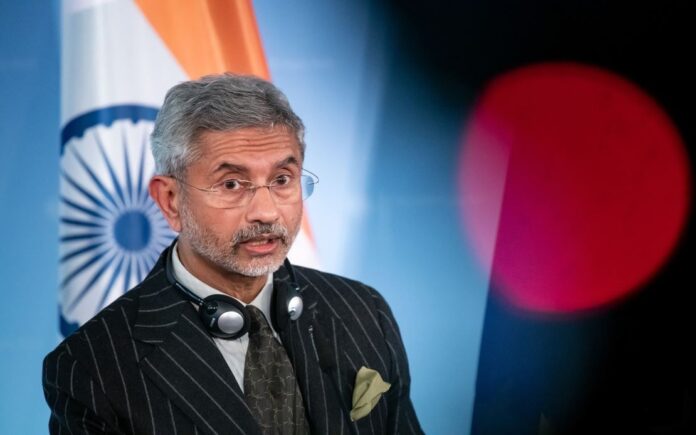NEW DELHI, June 4 — India imposed a ban on wheat exports in order to protect the domestic market and to cut access for speculators, Indian External Affairs Minister Subrahmanyam Jaishankar said.
“What we saw was that the low-income buyers were being squeezed out, the wheat was growing, but was actually being stopped from being traded, in a way our good will was being used for speculation. So we had to do something to stop that, because it was also impacting us at home – prices were going up. So, I want to be very clear what we have done. We have actually said: look, we are not going to give speculators an open access to the Indian market, so that the Indian customer and the LDCs (least developed countries) of the world get the short end of that,” Jaishanka told the Globsec 2022 Bratislava Forum on Friday.
He recalled that last year, India exported about 7 million tonnes of wheat, while typically, the country exports about 2-3 million tonnes.
Jaishanka said that India wants to prevent a diversion of wheat to high-income countries with a greater possibility to buy and wants to focus on its traditional buyers, such as Bangladesh, Sri Lanka, Nepal, Yemen, and Sudan, Sputnik said.
“This year, before the heat wave hit us pretty badly, the expectation was that we would do substantial exports…. But what we then saw was a run on our wheat. A large part of it done by international traders,” Jaishanka said, adding that “what we saw happened with the vaccines, we do not want to see it happen with the wheat, which was that rich people got vaccinated and the poor were left to God’s end”.
On May 14, India imposed a ban on wheat exports due to a rise in global wheat prices, which could potentially hit food security domestically and in the region. Following the decision, the price of wheat in Europe jumped to a record US$455 a tonne.
At the end of last month, Indian Minister of Commerce and Industry Piyush Goyal said that India was going to allow wheat exports to friendly countries and to those in need, but will not lift the ban for private suppliers, since this will only benefit black market brokers and speculators and will not help vulnerable countries.
Many wheat importing countries, including G7 member states, have asked India to reconsider its decision to ban wheat exports following Western sanctions on one of the biggest food suppliers, Russia, and the disruptions with grain exports from Ukraine.



















